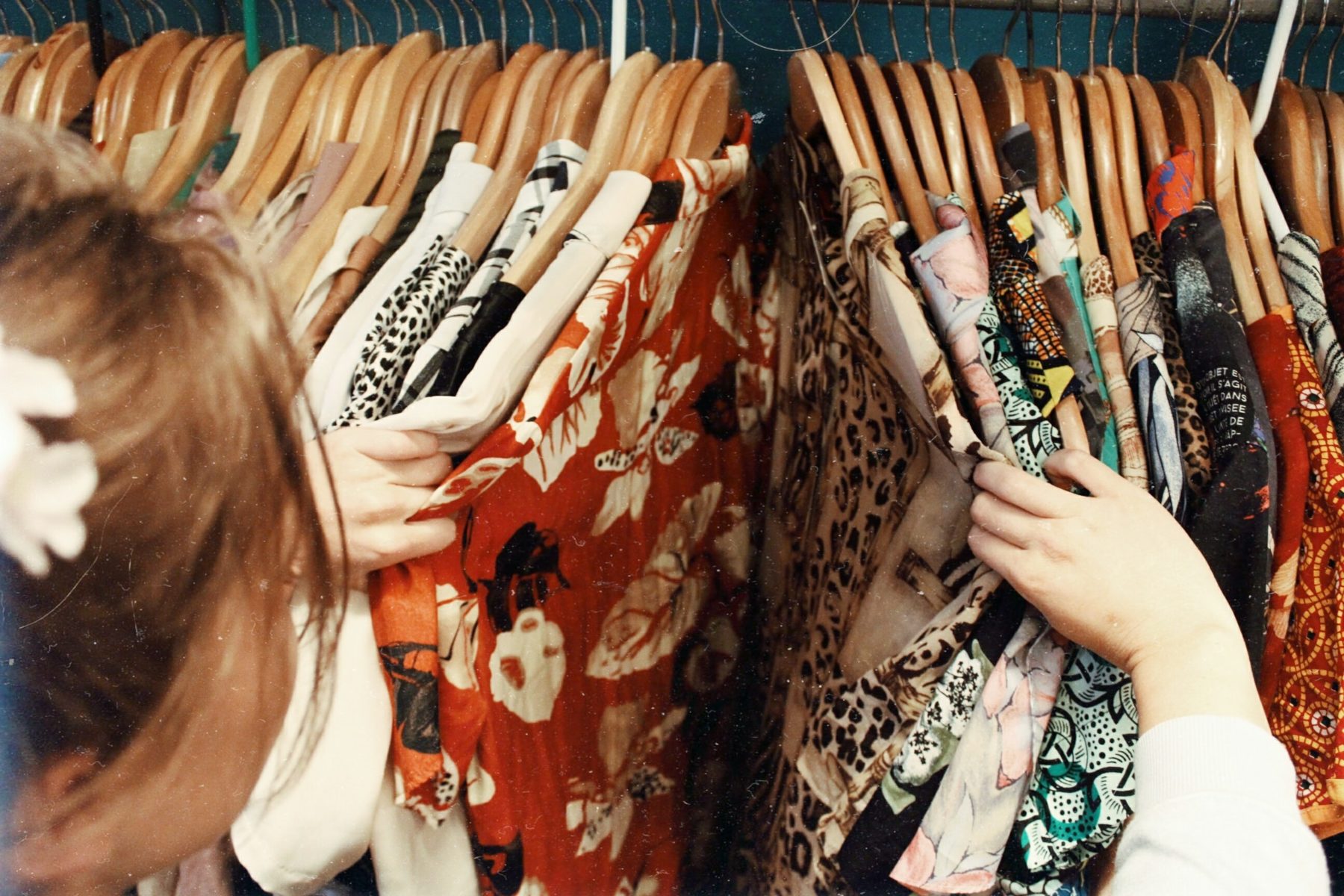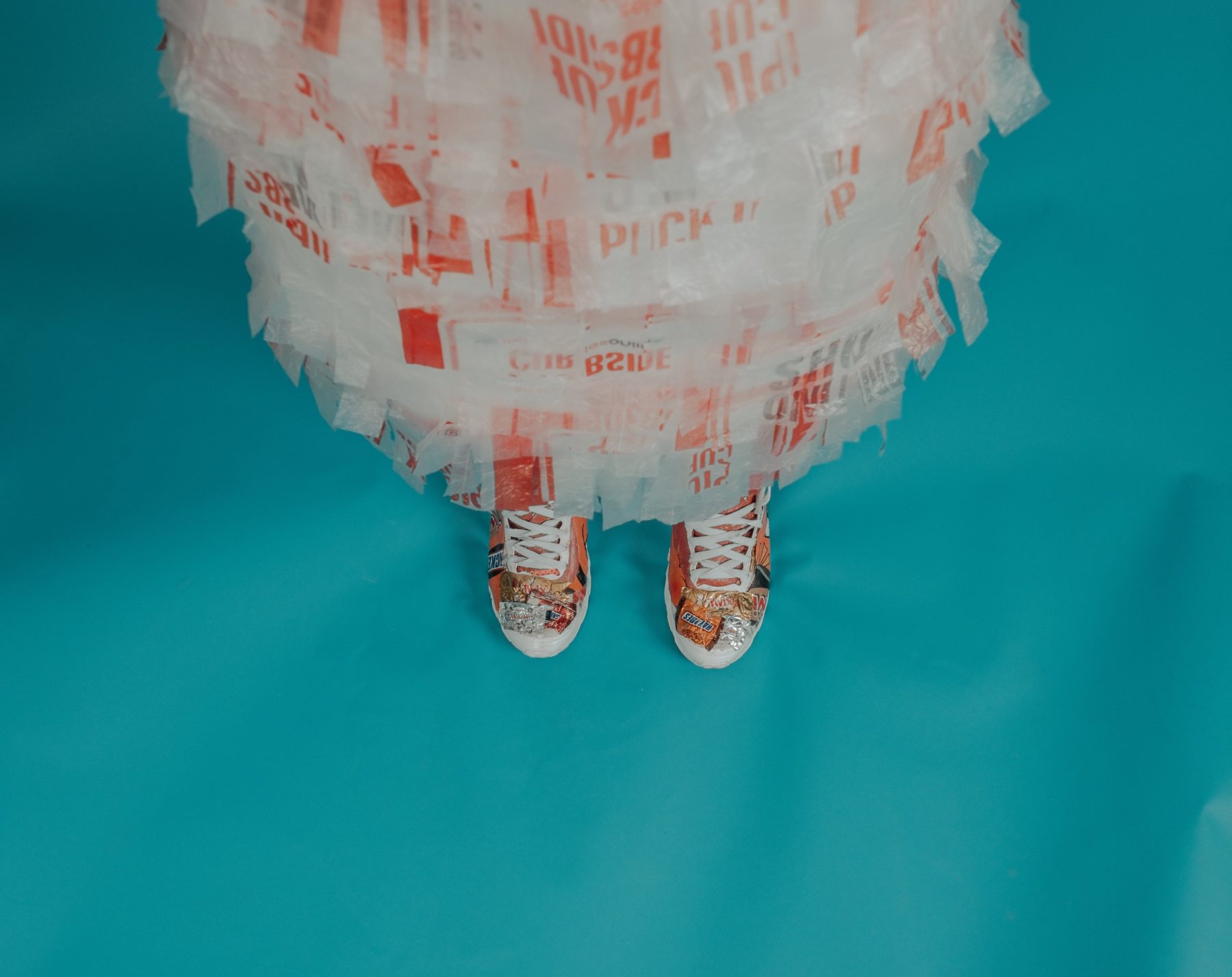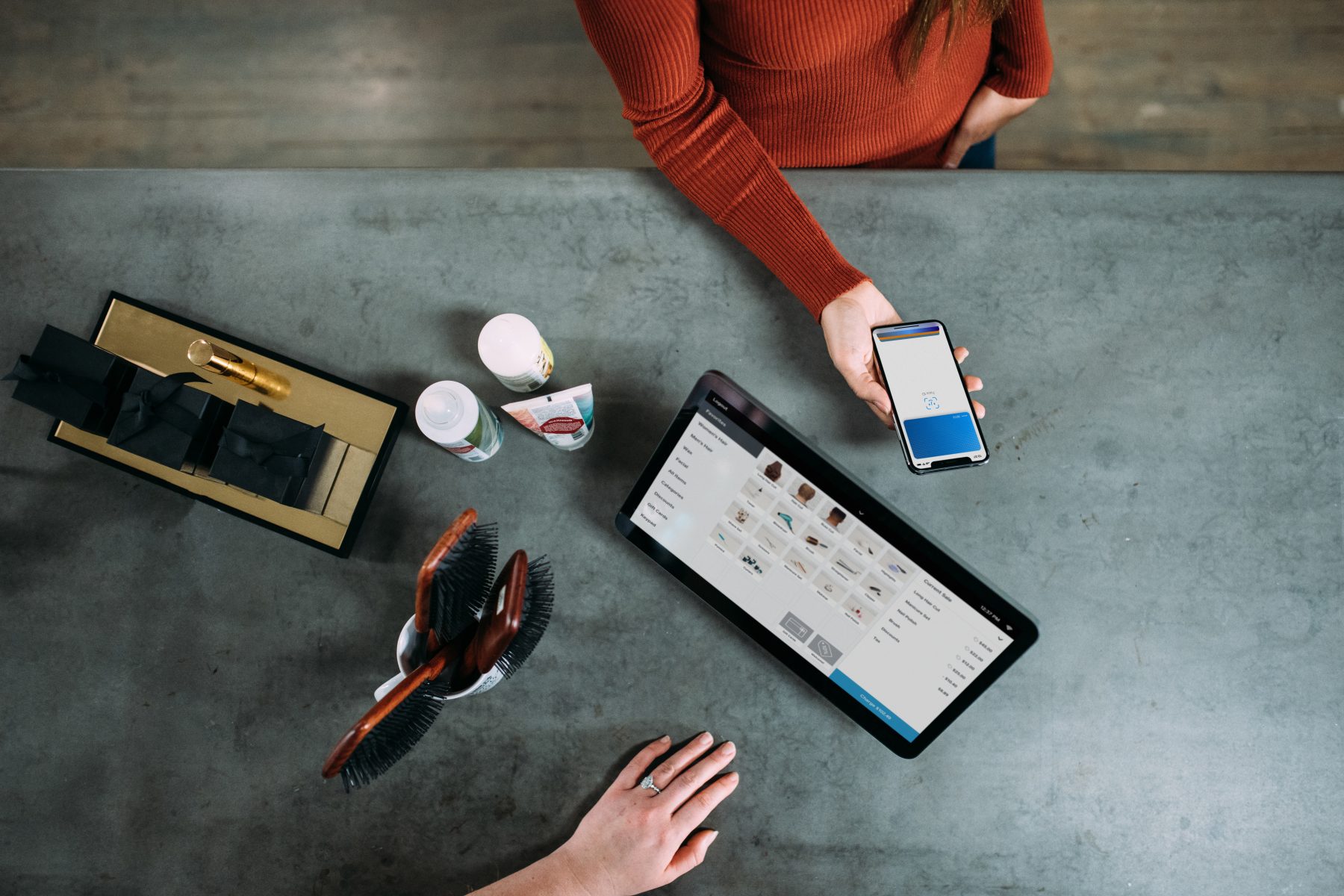Many of us are collectors and self-proclaimed connoisseurs, who gravitate towards antiquarian ways of living—often through buying.
In 2016, Australian households spent a total of $666 billion on general household living costs. Ranging from transport to pet pampering, we are breaking into the new decade as big spenders.
Browsing your local farmers’ market isn’t a new concept. We’ve been bartering goods and services for millennia. From trading docks to the grocer, it’s the norm.

Although, more and more it seems the discussion around what we buy and why is changing.
For the better.
From Edward III to KonMari
For centuries, we’ve curated our possessions to reflect our identities. It’s a matter of consumption reflecting the human. Meaning, our society has constantly questioned if consumerism should be supported.
Edward III of England created a law to limit extravagant purchases against state or degree. Admittedly, he wasn’t trying to halt all buying, just that of less notable degrees that could pose a threat to his privilege.
But with the questionable equaliser of money in the mix, many can splurge more than their ancestors.
So where does that leave consumers now?
Dr. Paul Harrison, a senior lecturer from Deakin’s Business School and Deputy Director of the MBA program says the way we buy has evolved, but the key factors of seeking convenience and ease still remain.
On paper, it might look like our lives are rapidly improving, but he adds that research shows people don’t necessarily perceive that this is the case.
So why do people consume?
“It’s actually difficult to exist in a relatively affluent culture without consuming; it requires resistance not to consume,” Dr. Harrison notes.
“A contributing factor is that people aspire to live better (or at least present themselves as such), while being part of a political and cultural discourse that says we need to consume to maintain the levels of growth we are used to”.
“To a large degree, people are simply responding emotionally to the messages around them—although most would like to think their decisions are rational and reflective.”

Consequently, the way we consume has advanced greatly from the sumptuary laws of the Middle Ages which looked to suppress the want for fashion and fineries.
Even in 1521, the Venetian senate imposed that no more than six forks and six spoons could be given as wedding gifts.
Now, the KonMari method asks us to consider not just bringing ‘stuff’ into our lives but joy too.
Despite this, the declutter-revolution might be a means of making room for more consumables. Or, at the very least, pushes at the seams of our local op-shops struggling to keep up with the influx in donations.
Dr. Harrison asks us to consider the difficulty involved in living a simple life. Even to gain employment you have to present yourself in a certain way, perhaps by buying an outfit for your interview or getting your hair done.
“This isn’t necessarily a bad thing, but it does highlight the kind of environment we have to coexist in, with services and products constantly being offered to us to improve our lives.”
Responsibility of many
Making a claim of responsibility is a complex predicament. Often, the individual is put at the forefront of over-consumption and waste production.
Dr. Harrison explains the pressure placed on the individual often doesn’t consider how powerful the external environment can be.
“From the development of the raw materials to the retirement of that product, we should be thinking about what a product’s life cycle will be, and ensuring that the manufacturer is responsible for making sure that works.”
“It’s not just about making stuff to sell because people want it, which is generally what businesses argue.
“It’s a different way of thinking—to be responsible for your product from cradle to grave, from the raw materials, through to its disposal.”
And so, calling creators, manufacturers, and businesses into the conversation could allow them to collaborate with consumers to find the best solution. For daily living and our environment.

The good news is some brands are already stepping up and taking action.
This is what a thoughtful selling can look like: package-free products, refill stations for goods from shampoo to honey, free mend and repair services for worn items, or even recycling your old mattress to make another one.
Ideally, reducing consumption in all its forms is what Dr. Harrison says should be our goal.
People are doing good. They’re giving us and our wallets the opportunity to do more too. But, there is still a long way to go.
“How do we make the responsibility more equal rather than it just being an individual’s responsibility?” Dr. Harrison asks.
No longer ‘business as usual’, we are forced to ask these kinds of questions to disrupt the status quo to establish long-term change.
Working as a collective to tackle these earth-shaking issues is integral to our survival.
A matter of ethical wellbeing
Slowing down the consumer-driven machine can be an uphill battle and should be approached by working to change the way we buy.
What might seem an unthinkable repercussion of capitalist funded economic growth is, in fact, an era of packing-in the material void; for it later to end up on Gumtree, a vicious cycle of store-bought satisfaction. And so, the slow movement rears its head.
Although it comes to the unsettling reality that our lives might not be as unconsciously driven or as easy as they have been.
“It’s difficult to make an effort when the world is saying you don’t need to make an effort,” Dr. Harrison explains.
“It’s seen as something abnormal or extraordinary, to choose to think about what you’re consuming – food, clothing, materials.

“Many people would prefer not to think about it. I think what’s been built into a lot of conversations around consumption is that life should be convenient and easy.”
Perhaps we have become too accustomed to ride-share transport and meal-kits delivered to our door. Still, there is a reason to stop and wonder before pressing the ‘pay’ button.
It’s an opportunity to learn and reduce the impact of your consumption.
It’s about leaning in to make more conscious, ethical and thoughtful choices rather than siding with convenience. This isn’t to say we can’t slip up—we’re human.
“You can be ethical and you can make mistakes,” Dr. Harrison adds, “… you can continue to do certain things because you have to exist.
“Living in the contemporary world is complex; don’t be too hard on yourself but make the effort.”



